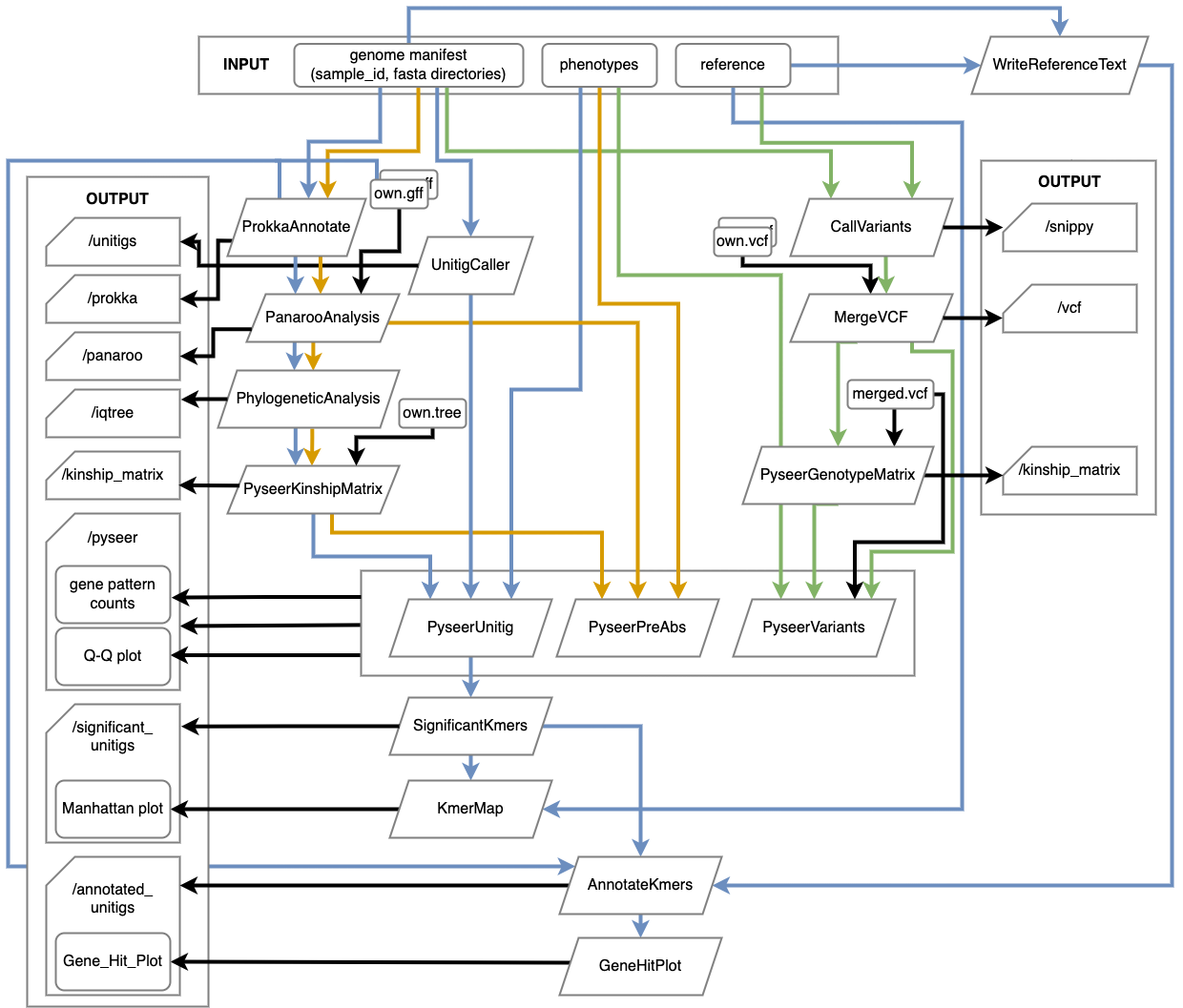
I recently came across a blog included in Rogue Scholar that was producing a barrage of posts along the lines of “Animals that start with [letter]”. They included the inspiring “Animals that start with P”, the highly original “Animals that start with H” and of course the intriguing “Animals that start with M”. Here is the introduction to that one: Any opening like this sets off my LLM alarm bells.






